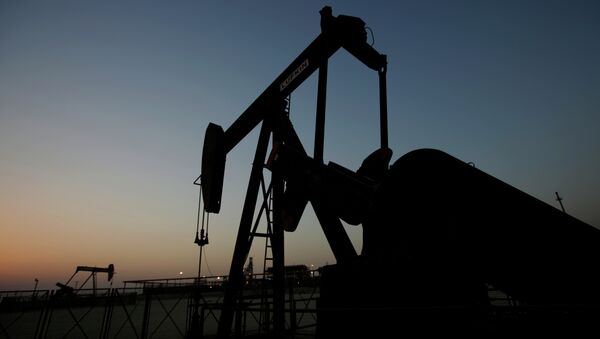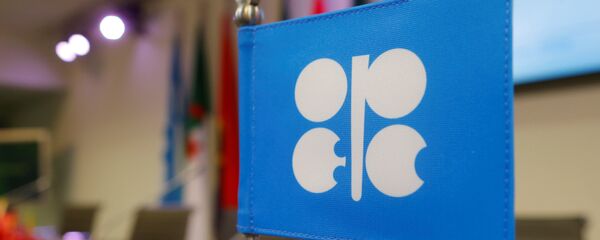"Here, first of all, we are talking about joint efforts aimed streamlining the dynamics, changes in prices for energy resources," Peskov told reporters when asked how the Russian would benefit from the so-called Vienna Agreement's extension.
In 2016, the OPEC reached an agreement in the Austrian capital of Vienna to cut oil output by 1.2 million barrels per day in the first half of 2017 within an effort to boost global oil prices. The agreement was supported by 11 non-OPEC states, which promised to jointly reduce oil output by 558,000 barrels per day. Russia pledged to cut production by 300,000 barrels daily.
On May 15, Russian and Saudi energy ministers said in a joint statement that Moscow and Riyadh intended to propose a 9-month extension of the Vienna agreement on oil output cuts under the existing conditions. The issue of the agreement extension will be considered at the upcoming ministerial OPEC meeting, scheduled for May 24-25.



